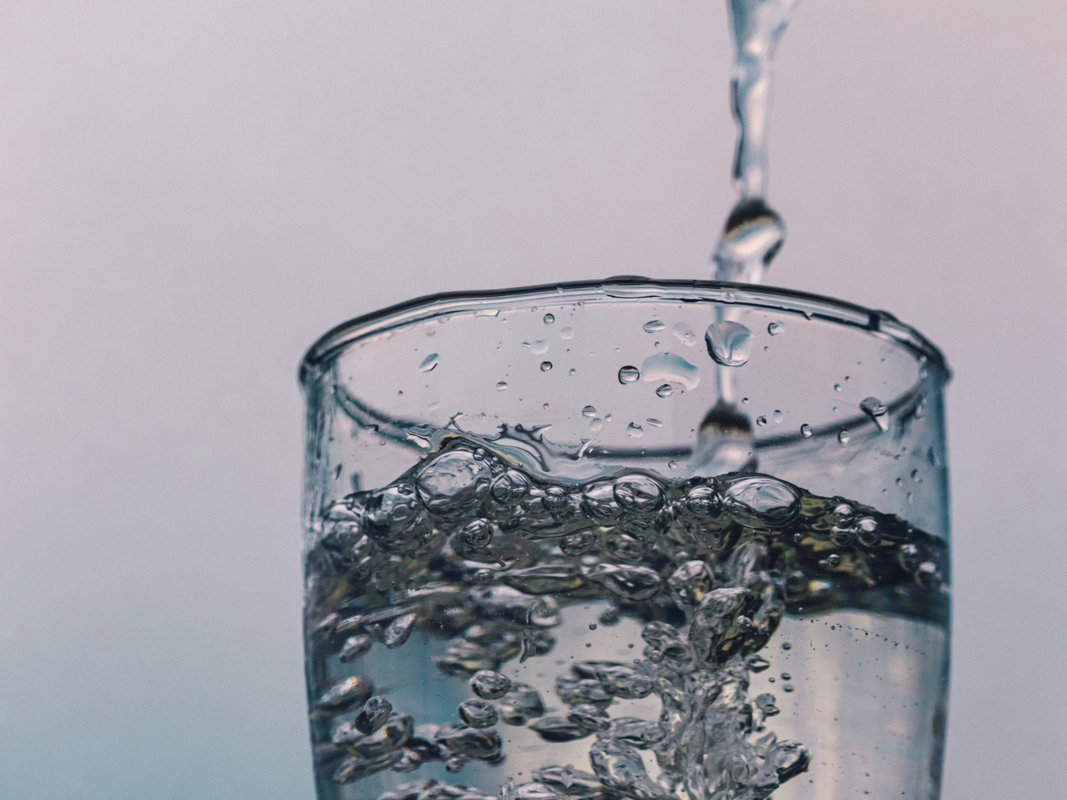|
Reflexologist and reiki practitioner Laura Devonshire looks at hydration - why it is so important, what it can affect and how much and what we should be drinking to keep hydrated. It’s summer (hurrah!) and this season’s theme at West Norwood Therapies is water. I have been exploring water and the human body and why hydration is so critical. Water is essential for life and for our bodies to function optimally. On average water makes up around 60% of body weight in men and 50-55% in women (this can vary depending on age and body composition). Drinking enough water each day is essential for the function of all the cells in the body, it helps us to: regulate body temperature, keep eyes and joints lubricated, helping to rid waste and transport nutrients, helps convert food into energy, protects the nervous system, prevents infection, and keeps organs functioning properly. Some organs contain much more water than others and I found it staggering to learn that the brain and kidneys possess the highest percentage of water: a whopping 80-85%, followed by the heart and lungs 75-80%, muscles, the liver and skin are 70-75%, blood is 50%, bones are 20-25% and lastly teeth at 8-10%. This helps to put into context how dehydration can have so many symptoms and consequences. The current UK recommendation is to drink 6-8 glasses of fluid per day, more specific recommendations about the quantity needed at different ages are shown below: (provided by the European Food Safety Authority (EFSA): The EFSA assume that 20% of fluid intake comes from food and 80% comes from drinks.
It is also important to note that doing strenuous activity or living in hotter or more humid climates may need more than the above. The body works hard to find balance and drinking too little or too much water can have severe consequences. The warning signs of dehydration include:
As mentioned above the brain contains 85% water, dehydration can also impact on cognitive function with difficulty in concentrating, impacting mood making us prone to feeling angry, anxious, and irritated. It’s important to note that on the flip side at the extreme end of consuming too much water, can lead to hyponatraemia, a very serious condition that causes extremely low sodium levels in the blood. It is more common for people to suffer with the symptoms of dehydration. The best way to avoid dehydration is to keep track of how much fluid you drink and drink water throughout the day. It’s ideal to avoid excessive caffeine drinks as they have a diuretic effect on the body, as does alcohol. Of course, I am not staying to cut them out but to just be mindful of intake and ensure you’re having an adequate water intake too. If you have been unwell with a fever or diarrhoea, playing sports or have been sweating a lot in high temperatures: drinking coconut water or a sports drink or rehydration drink can help to replenish your electrolytes and essential salts and minerals. Swap sugary drinks for sugar-free or no added sugar and dilute squash drinks to reduce the sugar content. If you don’t like the taste of water you can try sparkling water or try adding a slice of lemon or lime, some berries or cucumber.
0 Comments
Leave a Reply. |
AuthorBlogs from the WNT team. For our blogs from before June 2020 please see individual profile pages - it's a good way to get to know practitioners too. Archives
June 2024
Categories
All
|
|
Visit us - by appointment only please - in the office block in the Access Self Storage premises at 443 Norwood Road, London, SE27 9DQ
[email protected] Phone - please contact practitioners directly, or if not in a rush you can leave a message for us to call you back at 07931876931. |



 RSS Feed
RSS Feed
